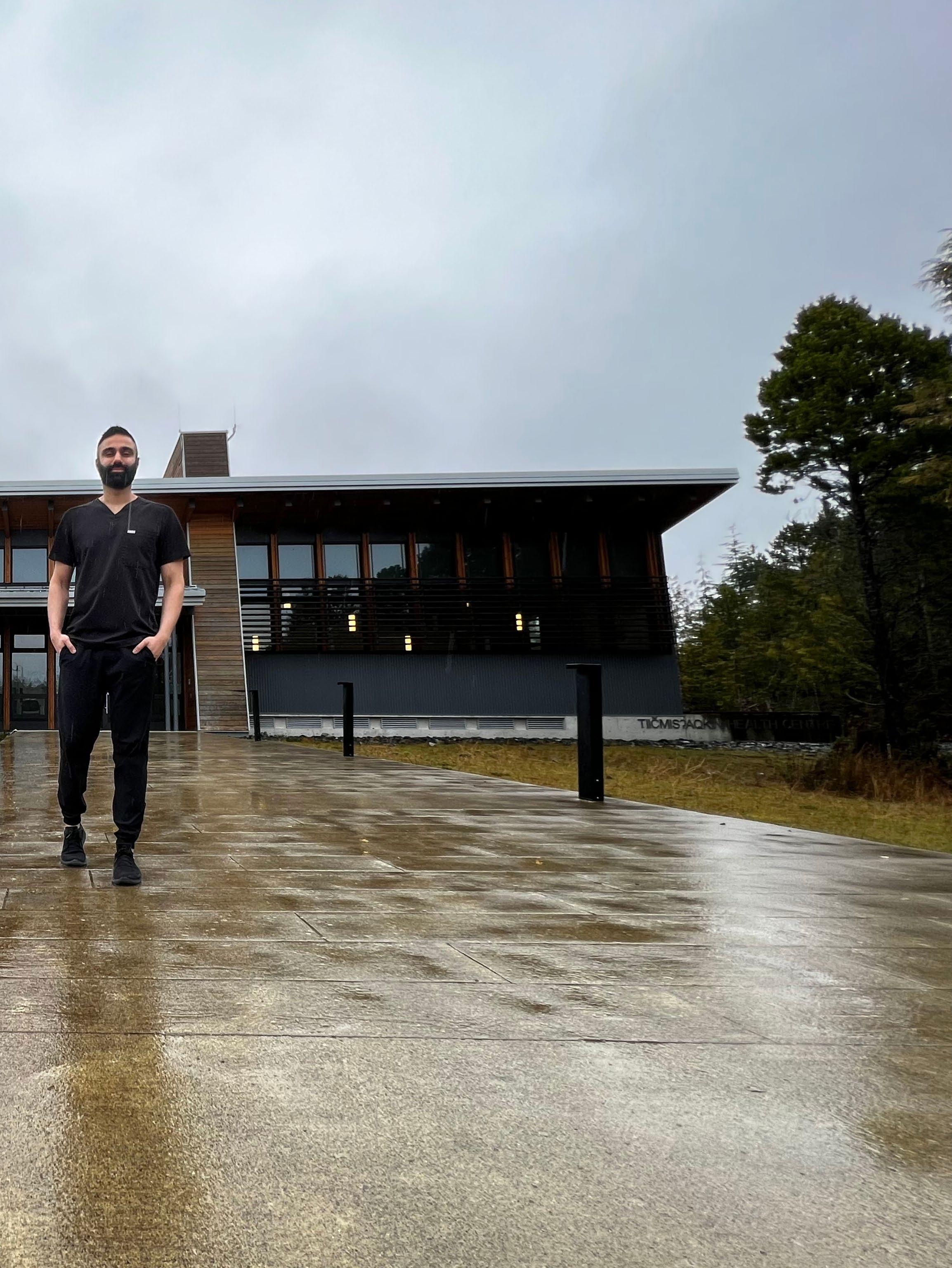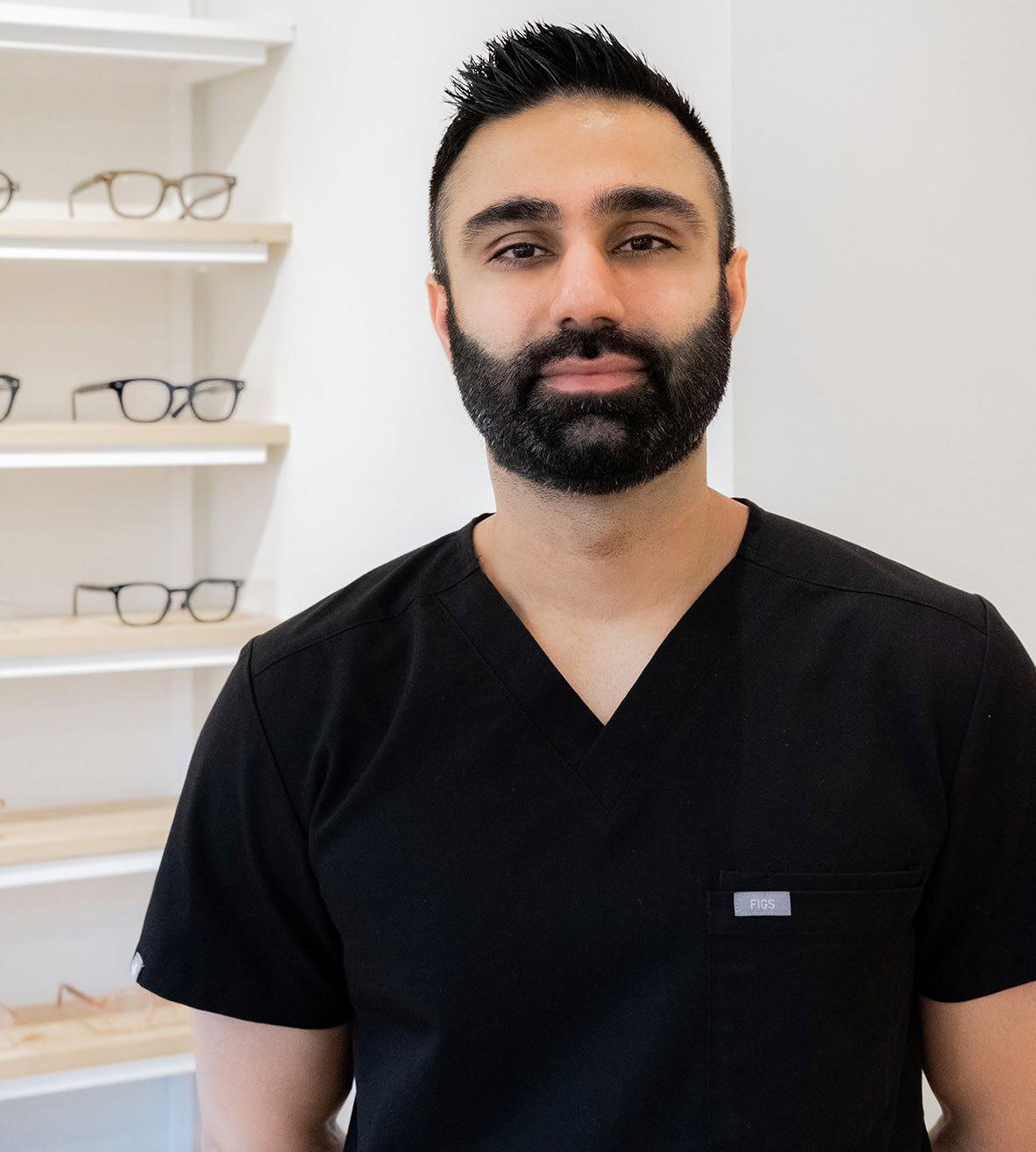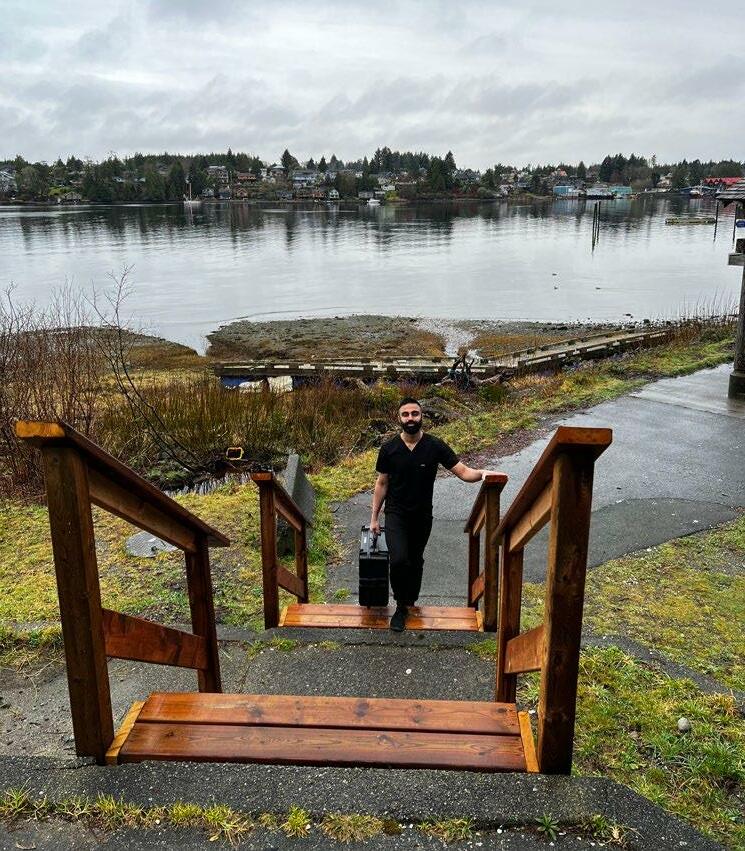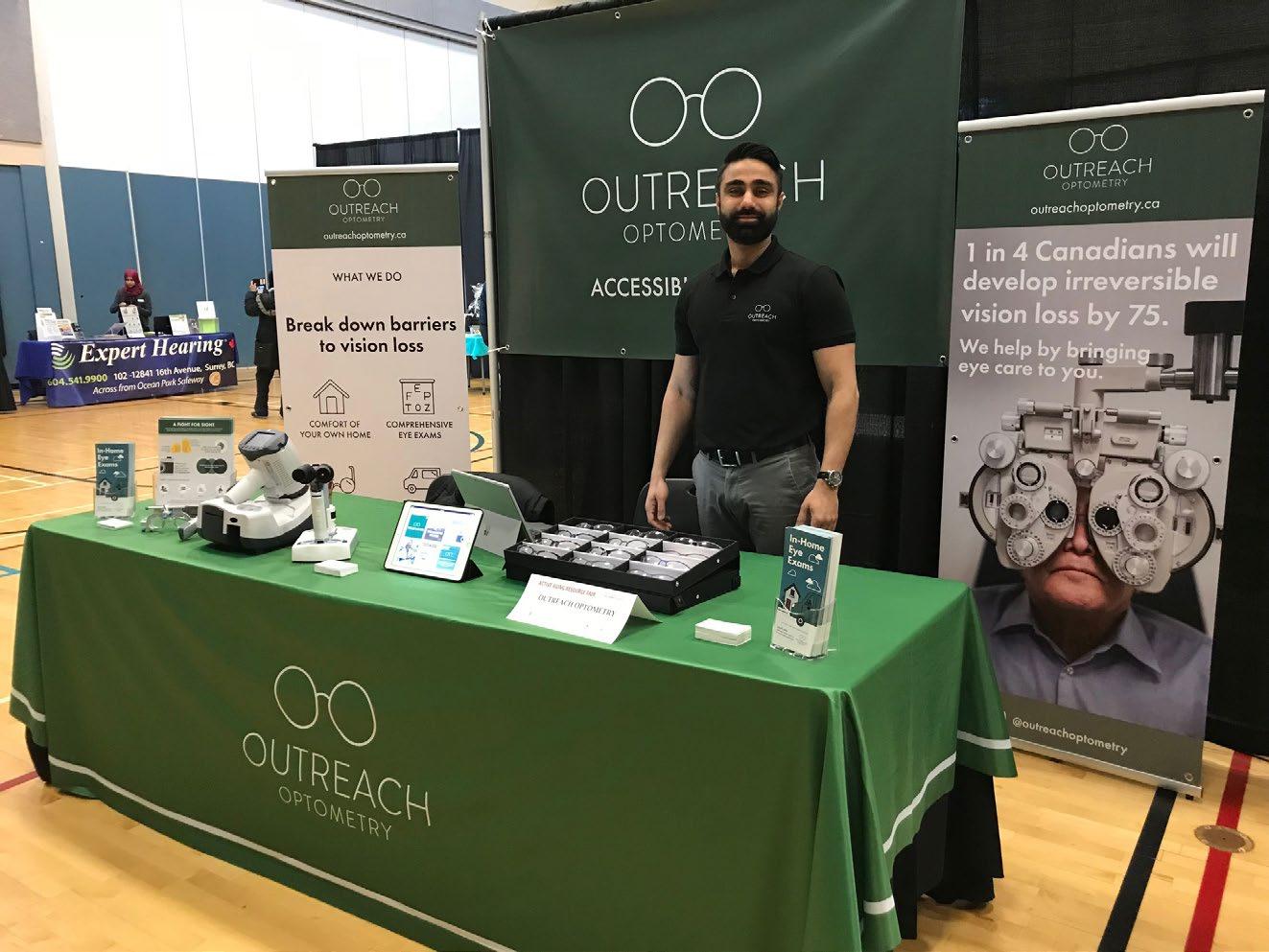
3 minute read
Member Spotlight - Dr. Gary Jassal
Dr. Gary Jassal
Member Spotlight


Dr. Gary Jassal
Optometrist BC Doctors of Optometry member
About Dr. Gary Jassal
My name is Gary Jassal and I am a first generation Optometrist in my family. I come from a blue collar family, with parents who immigrated to Canada in their early adulthood. I was born and raised in Surrey, BC and at the age of 20, left home for the United Kingdom to study Optometry at Aston University. There, I completed my Masters in Optometry and bridged back to Canada through the bridging course offered at The University of Waterloo. Then, I decided to call Vancouver Island, BC home; where I opened my private practice, Eye Plus Optometry and subsequently, my mobile practice, Outreach Optometry.
Career Path and BCDO Who inspires you?
My parents. They’ve shown me the importance of hardwork and the importance of investing into people and ideas. I keep these ideologies close to me, as they’ve helped me grow in both my personal and professional life.
Why is being a member of BCDO important to you?
BCDO has helped me by ensuring I have a way to connect me with my peers. A lot of practitioners work in single clinics and don’t get a chance to converse with other Optometrists regularly. A lot of the connections I have made within our peer circle has come from CE evenings offered through the association and from BCDO’s annual conference.

As a practicing Optometrist in BC, how does BCDO help you?
Most importantly, BCDO’s recent Rural Access Initiative has been vital to my practice. Outreach Optometry services several indigenous and non-indigenous communities; with the funding in place now to assist with travel and accommodaiion, I can now reach out to more remote communities in BC, with funding supporting my travel and accommodation. More recently, BCDO has equipped a Tele-Optometry lane in Ucluelet, BC. which enables me to provide care year round to a community of roughly 5,000 people.
The Profession of Optometry Do you have a specialty? If so, what made you choose it?
Mobile Optometry has become my specialty. I started my journey providing mobile care to patients who were unable to leave their homes, and have since then, grown my practice into providing eye care to remote and rural communities. What's made me stick to mobile optometry is the gratitude I receive from my patients in these commun- ities. For most of my patients, I am their only route to eye care, and for that reason alone, they are extremely grateful for the service I can provide them. I truly believe in investing in services that add value to peoples’ lives,and Mobile Optometry is that for me.
What kind of person do you need to succeed as an optometrist?
That’s an excellent question. Being an effective communicator goes a long way in succeeding as an Optometrist. During my Pre-Registration year, my supervisor always reiterated to me that a good bedside manner goes a long way with patients; I hold that dear to me. It helps with building a loyal patient base and creates a safe environment for your patients to share information that ultimately helps you provide tailored care for them.
What new direction would you like to see happen in Optometry?
I would like to see the evolution of Tele-Optometry and how it can co-exist with traditional brick and mortar practices. Currently, I see it to be advantageous in rural settings because it provides the community with accessible care year-round.
Advice for New Grads What are three pieces of advice you have for New Grads entering the workforce?
Firstly- I would suggest you invest your time in different modes of practice. Private practice, Corporate practices, optical subleases to name a few. They all have their pros and cons; figuring that out early in your career will set you up for success later into your career. Secondly, find a good financial planner and/or accountant; with your new increased earning potential, it’s important to have guidance on where to allocate your funds. Lastly, pace yourself. Burn-out happens, but understanding when you’re getting to that point and how to avoid it, is a fine art you want to learn and conquer.











